What Is Composting?
Composting is the natural process of recycling organic matter (such as food scraps and yard waste) into a nutrient-rich fertilizer known as compost, also referred to as “black gold.” This process mimics nature’s way of breaking down dead plants and animals to enrich the soil.
It involves aerobic decomposition (requires oxygen).
Microorganisms, worms, and fungi help break down the waste.
The result is a dark, earthy, crumbly substance that improves soil quality.


Why Composting Helps the World
Reduces Landfill Waste: Food scraps and yard waste make up over 30% of what we throw away (EPA).
Cuts Greenhouse Gases: When organic waste breaks down in landfills, it emits methane, a potent greenhouse gas.
Enriches Soil: Compost improves soil structure, retains moisture, and promotes healthier plant growth.
Supports Biodiversity: Healthy soil supports diverse ecosystems, from microbes to insects to plants.
Saves Money: Reduces the need for chemical fertilizers and lowers municipal waste management costs.
Composting Do's and Don'ts
Do Compost:
Fruit and vegetable scraps
Coffee grounds and filters
Tea bags (no plastic-based ones)
Eggshells
Grass clippings and leaves
Cardboard, shredded paper, newspaper (non-glossy)
Wood chips and sawdust (untreated)
Don’t Compost:
Meat, dairy, or oily foods (can attract pests)
Pet waste
Diseased plants or invasive weeds
Glossy or colored paper
Plastics or synthetic materials
Charcoal ash
Types of Composting Methods
1. Backyard Composting (Aerobic)
Uses a compost bin or pile.
Requires regular turning or aeration of the pile.
Great for homes with outdoor space.
2. Vermicomposting
Uses red wiggler worms to break down food waste.
Ideal for indoor composting (apartments, small homes).
Low odor and space-efficient.
3. Bokashi Composting
A fermentation process using beneficial microbes.
Can compost meat and dairy.
Works indoors, with an airtight container.
4. Trench Composting
Bury organic waste directly into the soil.
Decomposes naturally without the need for bins or maintenance.
5. Industrial/Commercial Composting
Larger facilities handle high volumes.
Can accept more materials, like compostable plastics.
Often requires participation in a municipal or private collection service.
How to Use Finished Compost
Garden Beds: Enrich vegetable gardens or flower beds.
Potting Mix: Blend with soil for houseplants.
Mulch: Apply as a top layer around trees and shrubs.
Lawn Care: Use as a top-dressing to improve grass health.
Community Projects: Donate to local gardens or school projects.
Composting Regulations and Local Support
Regulations vary by city and state:
Some municipalities require composting for certain businesses or multi-unit dwellings.
Others provide free or discounted compost bins.
Check with your local waste management agency or environmental department for:
Composting guidelines
Pickup schedules
Drop-off sites
Educational programs
Compost Bin Options
Indoor & Small-Space Compost Bins
Bamboozle Compost Bin – Stylish and compact; great for kitchen counters.
Vitamix FoodCycler – Electrically reduces food waste to compost overnight.
Mill Food Recycler - Electrically reduces food waste to nutrient-rich grounds.
Unni Countertop Compost Pail – Affordable, stainless steel, odor-blocking.
Clean Composting Compost Collector® - Paper pulp composting bin
Outdoor & Backyard Compost Bins
FCMP Outdoor Dual Chamber Tumbling Composter – Easy turning, fast results.
Geobin Compost Bin – Expandable, affordable, lightweight.
Envirocycle Mini Composting System – Compact tumbler ideal for patios.
Vermicomposting Systems
Worm Factory 360 – Modular trays, perfect for indoor worm composting.
Urban Worm Bag – Durable fabric system with good ventilation.












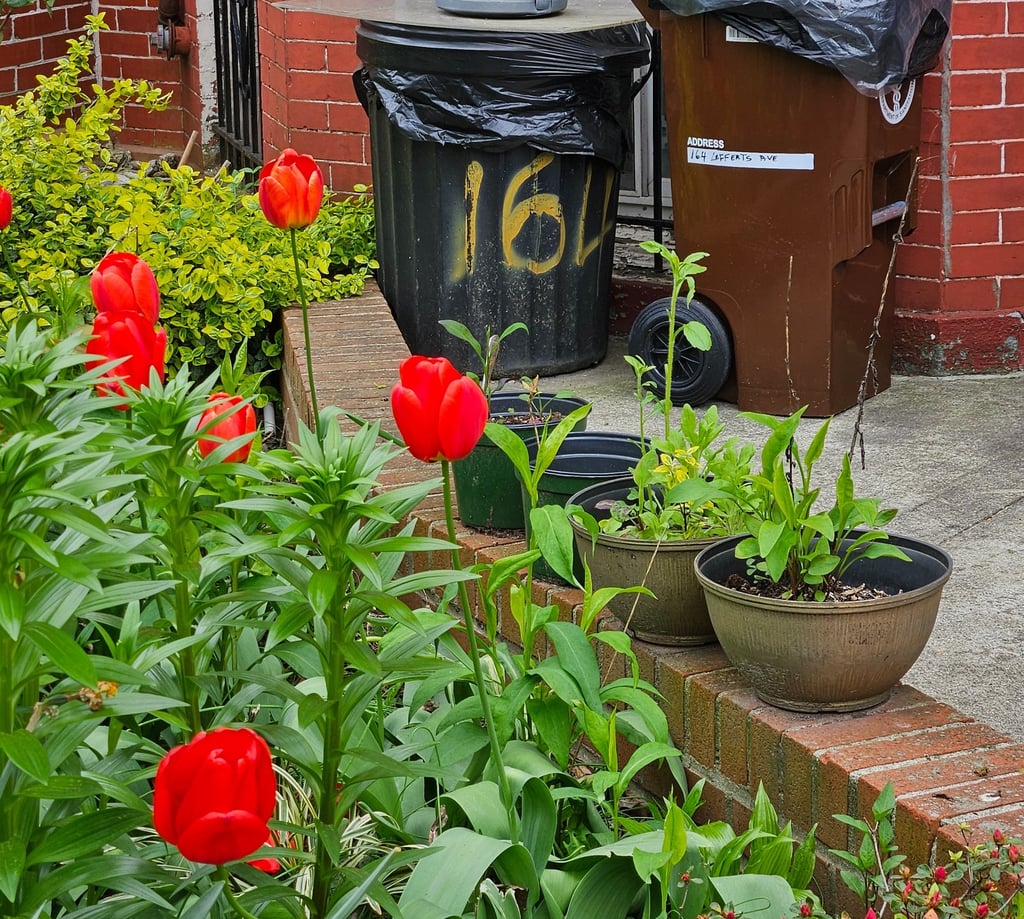



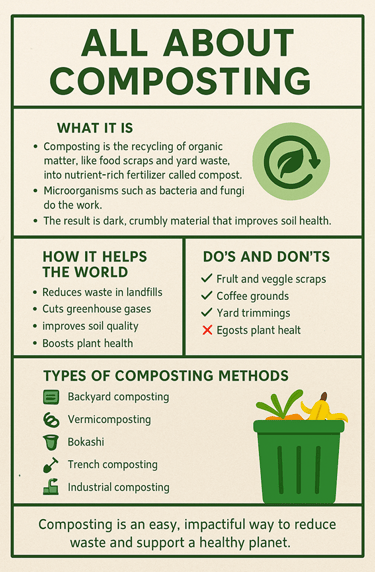

Final Thoughts
Composting is more than a sustainability buzzword; it is a practical, impactful way to take climate action from your backyard or kitchen.
Whether you're just starting or looking to upgrade your system, there's a composting method that fits your lifestyle.
If you're ready to reduce your waste, enrich your soil, and support a greener planet, composting is a powerful place to start.
Start small, learn as you go, and join the movement toward a more regenerative way of living.
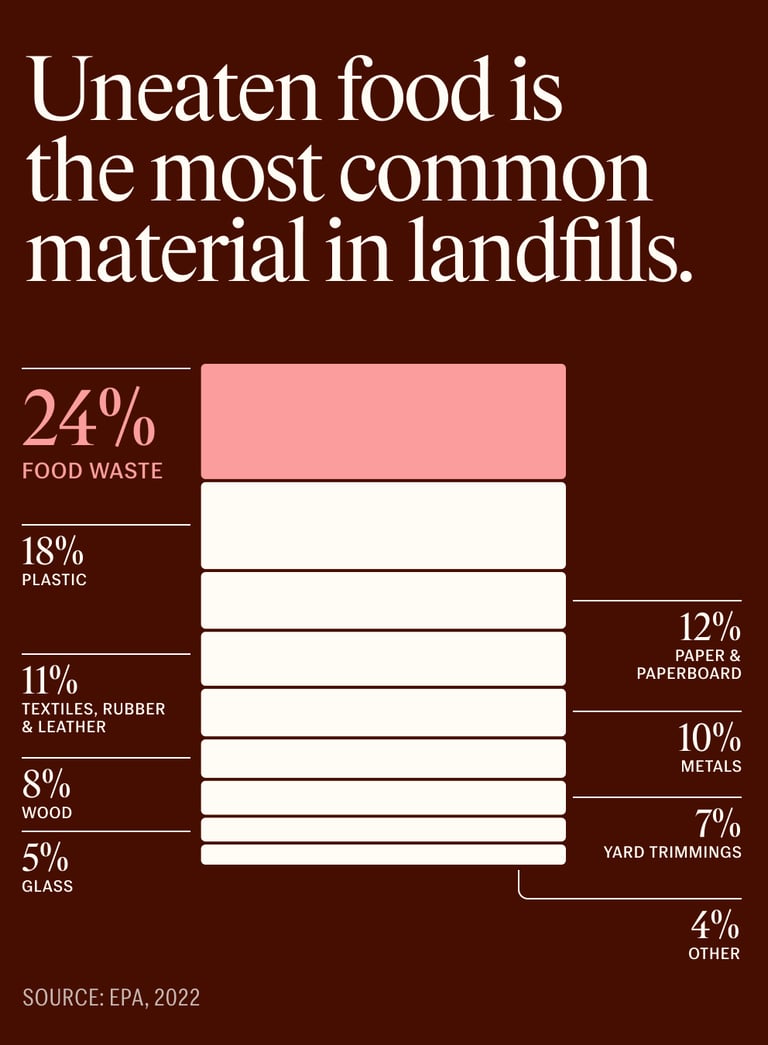

According to the EPA, food waste accounts for approximately 24 percent of the contents of landfills. Learn more about such matters at Mill.com.
More Composting Facts and Figures
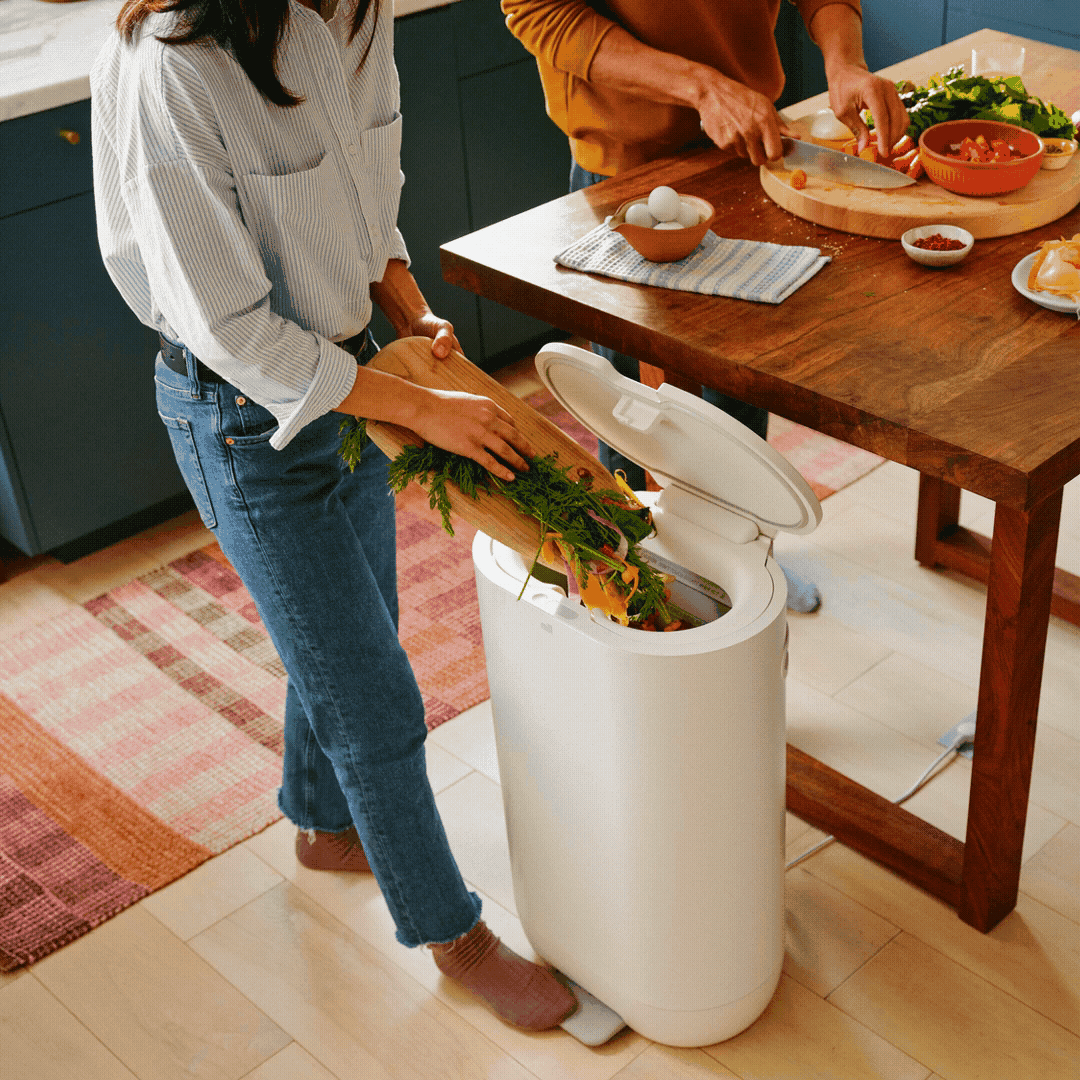

Interested in a Premium Quality Food Recycler?
Take a look at this Indoor Food Recycler from Mill
Sponsored
The Mill Food Recycler from mill.com provides a smart and sustainable solution to prevent food waste from entering landfills.
This innovative kitchen bin dries and grinds food scraps overnight, turning them into nutrient-rich grounds. These grounds can be shipped back to Mill to be upcycled into chicken feed, or used locally in composting systems, garden soil enrichment, or even pet-safe pest control.
It is odorless, mess-free, and connects to your phone for easy monitoring, making food waste reduction simple, effective, and part of a powerful circular solution.
Shop Food Recyclers on Amazon.
Sponsored
Try the Practical and Convenient Compost Collector® from Clean Composting Company
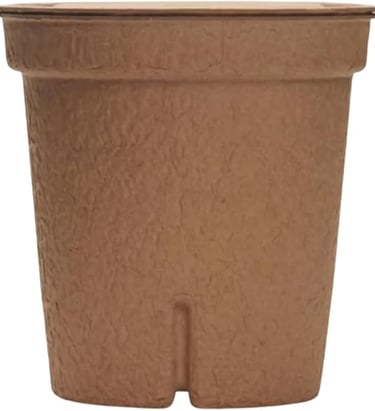

Meet The Compost Collector®, a game-changing, countertop-friendly compost bin that makes the handling of kitchen scraps simple and convenient.
Crafted from 100% pre-consumer paper pulp and free of PFAs, this disposable/compostable bin securely seals in odors and moisture with a tight-fitting lid. Perfect for small spaces, it holds up to 1.3 gallons of organic waste. This bin can stay on your counter for up to seven days, then safely goes into your curbside compost bin (no tearing, clutter, or extra cleaning required).
Affordable and eco-conscious, it costs less than $1 per day and fully composts in municipal systems in 30–60 days, making it a smart, practical pick for anyone looking to integrate composting seamlessly into their daily routine.


